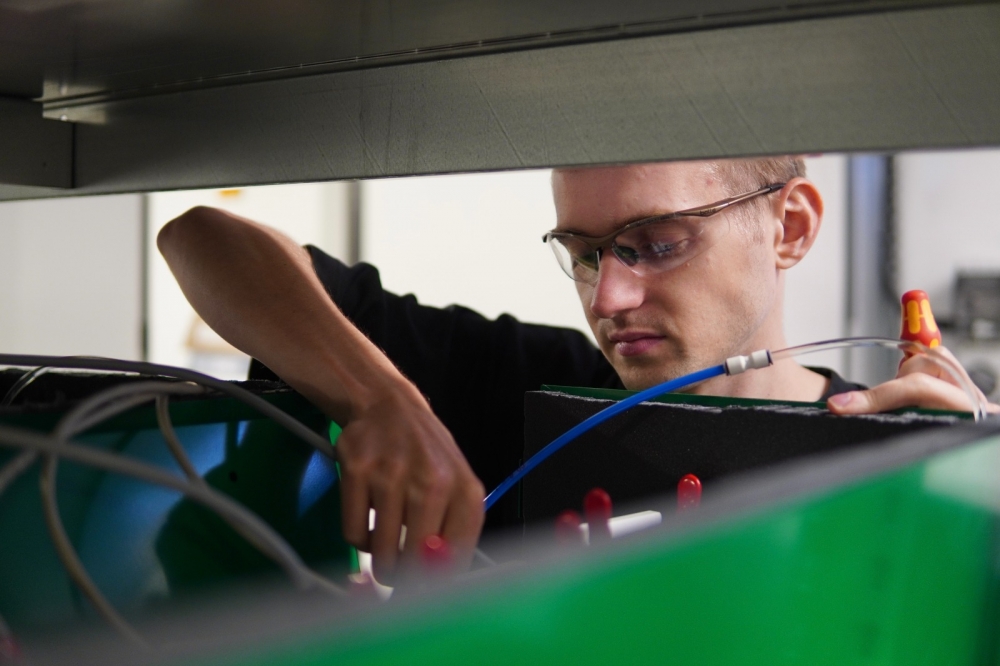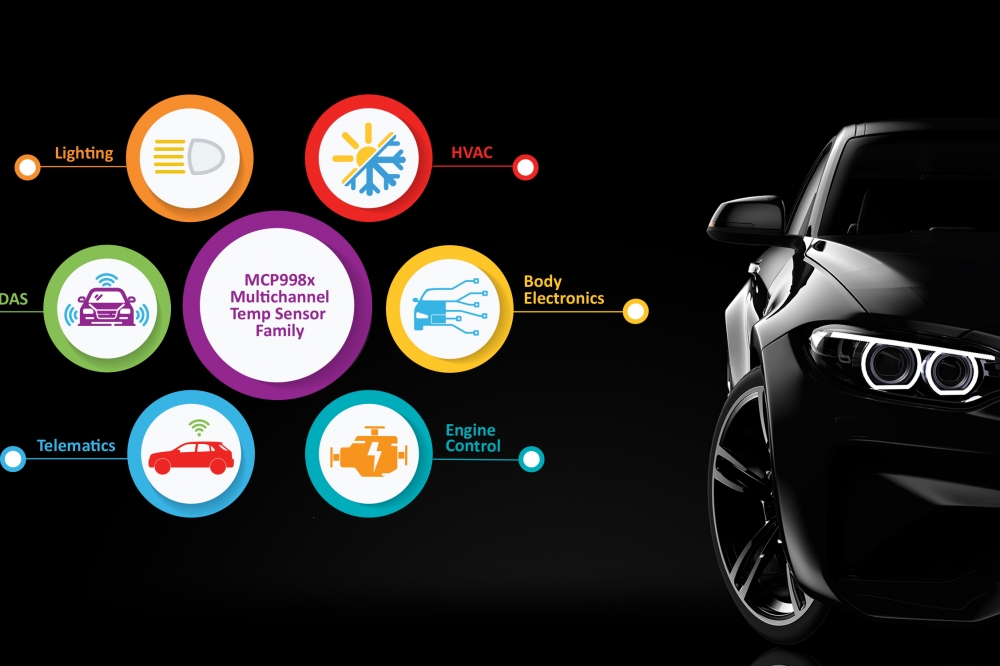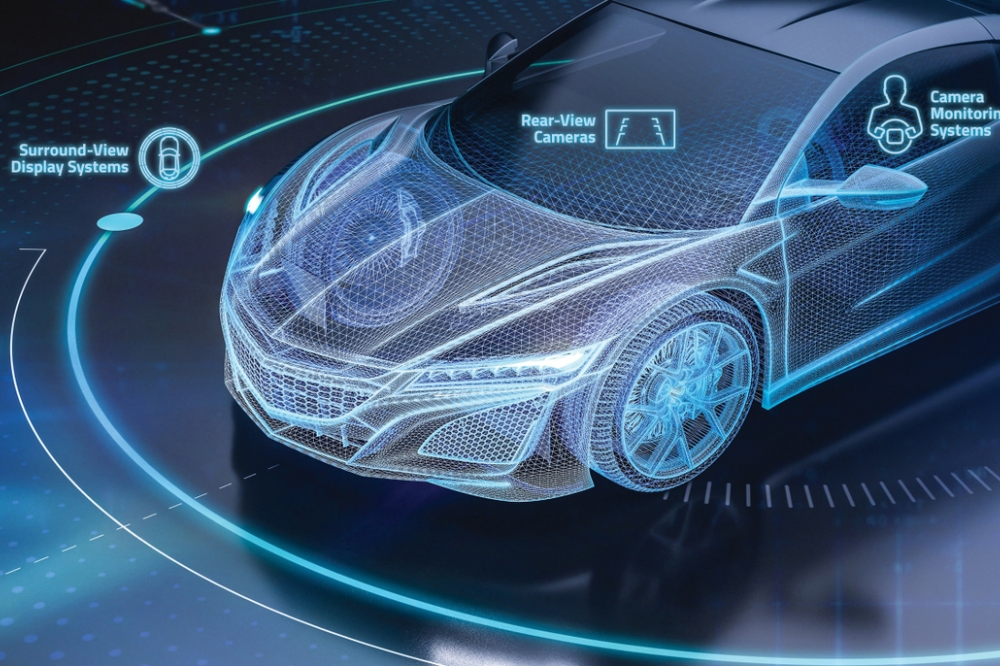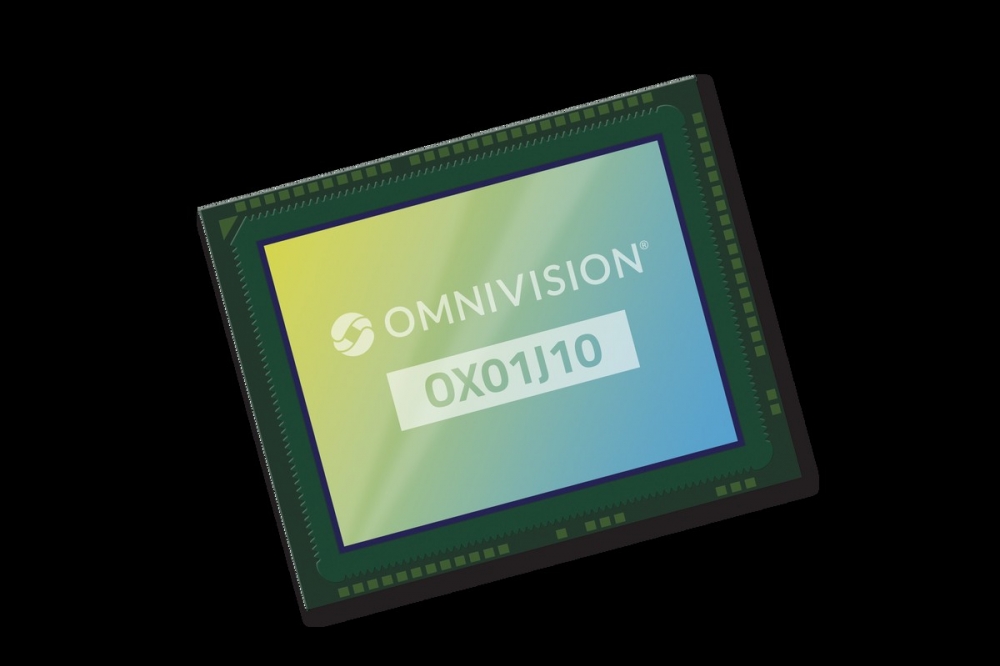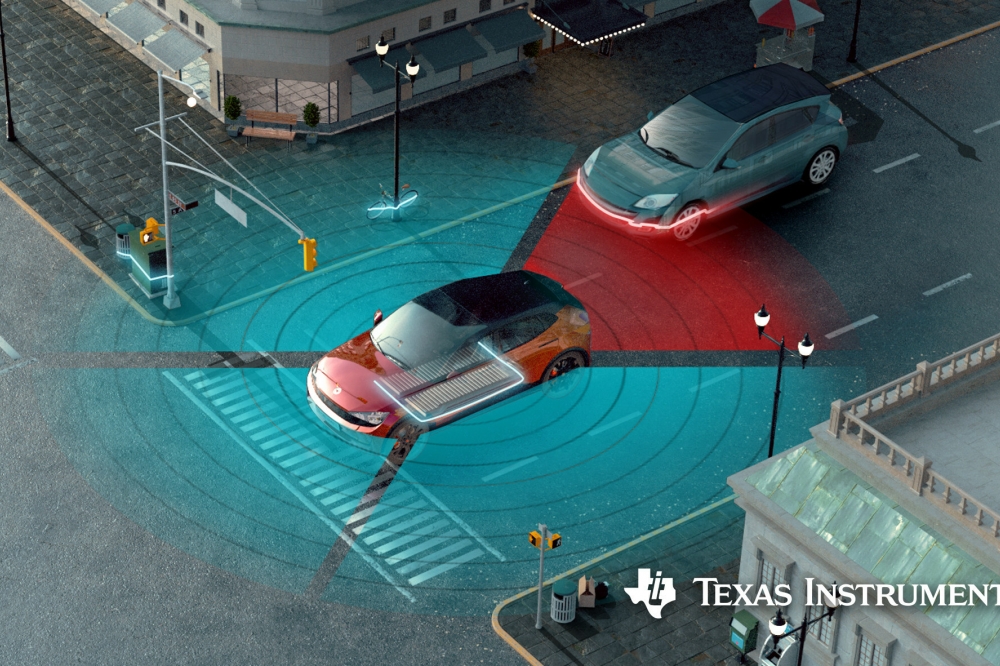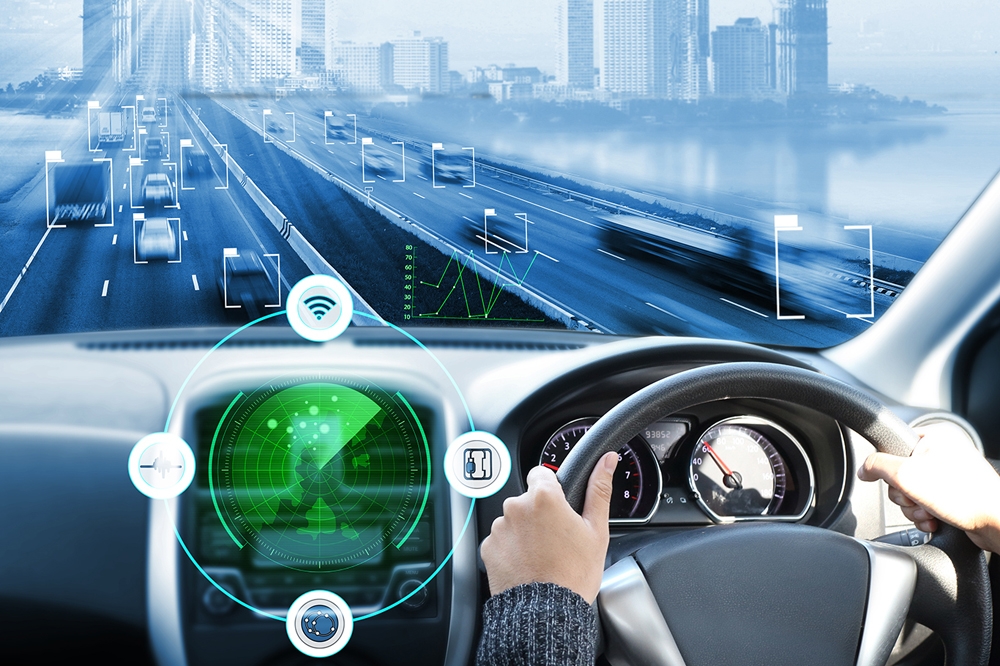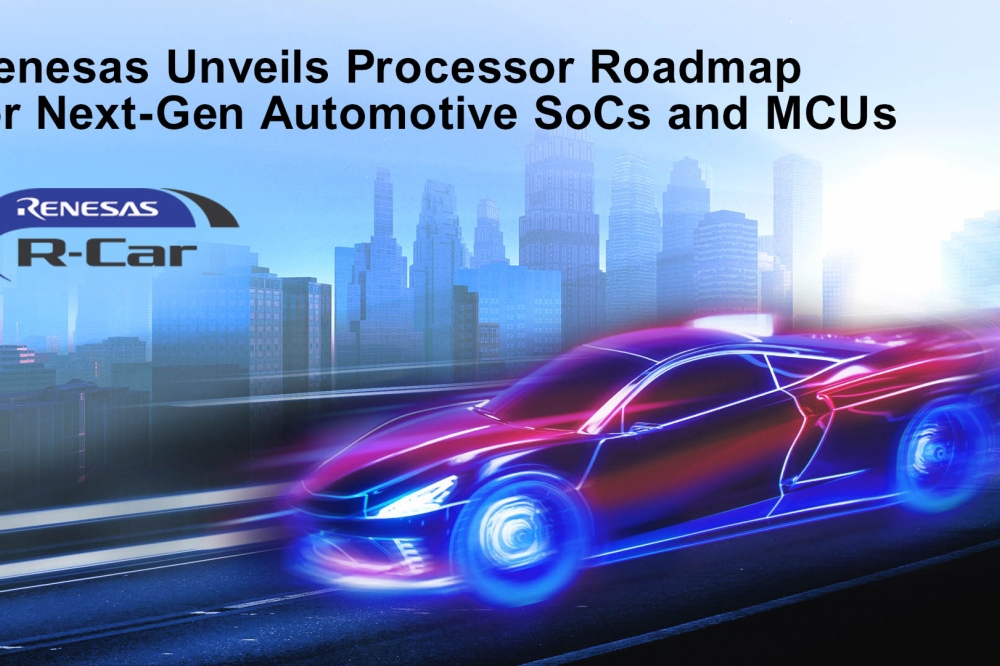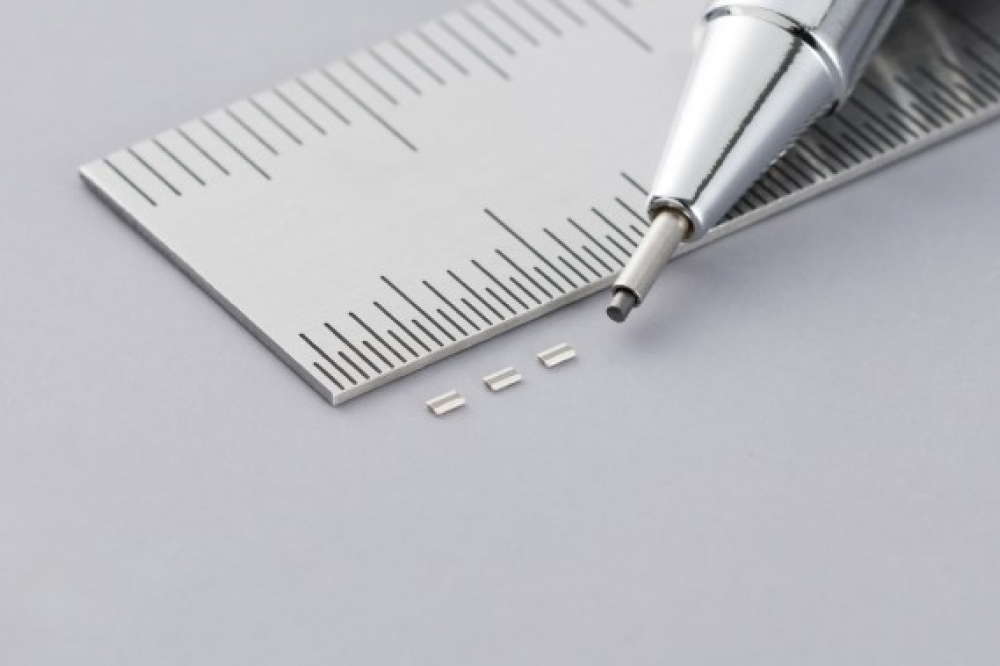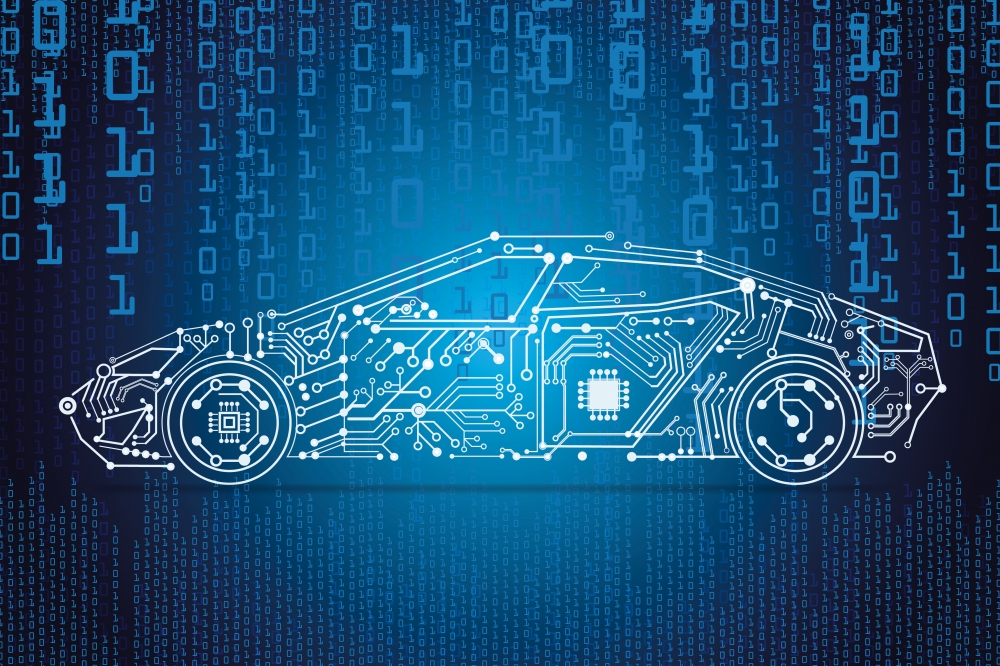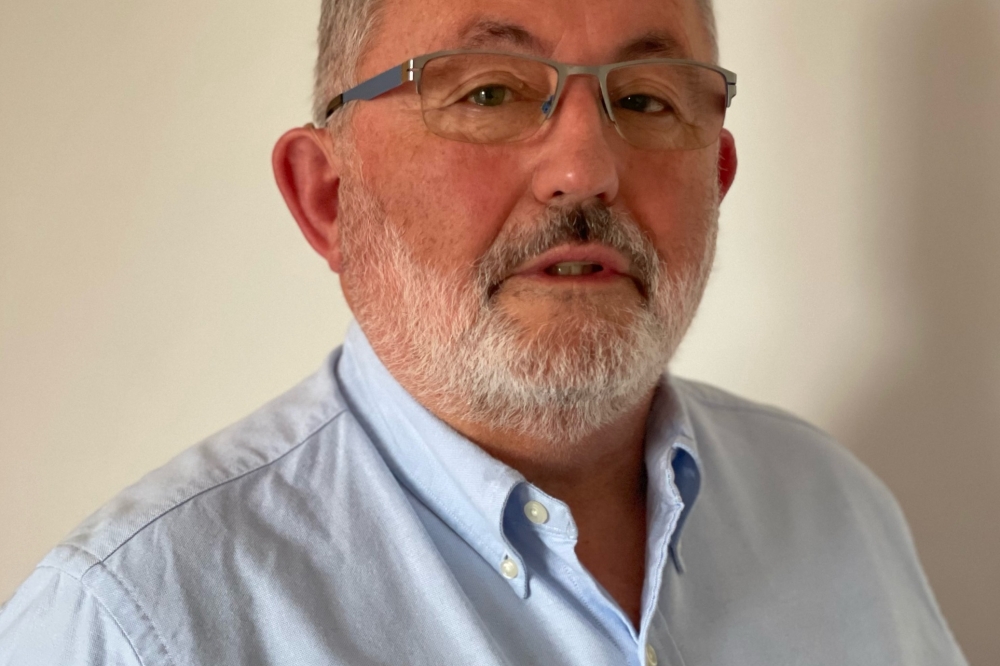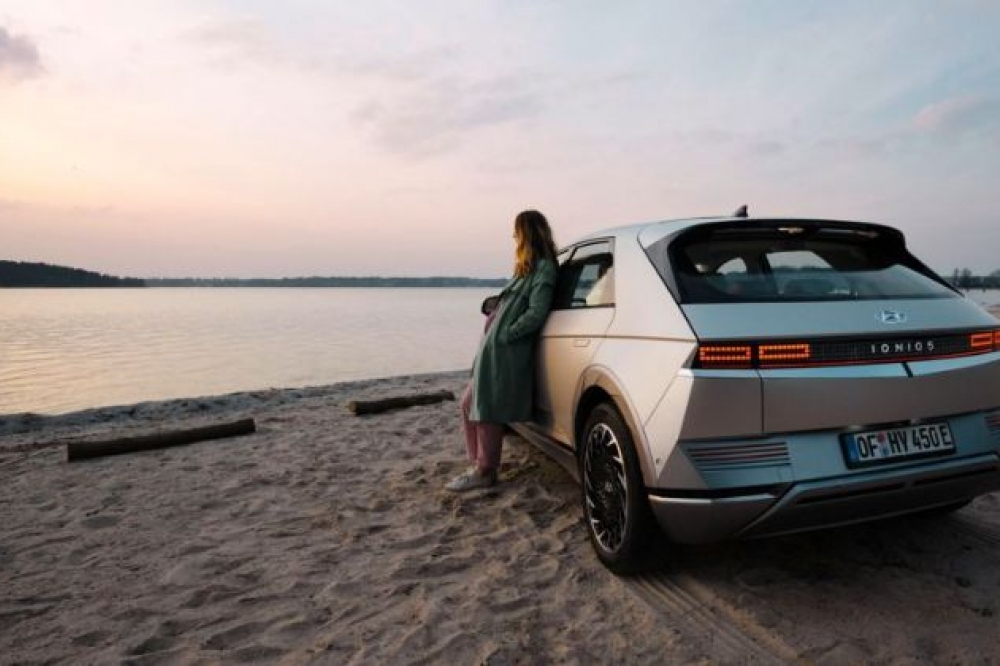Production of the Volkswagen ID.3 starts in Zwickau
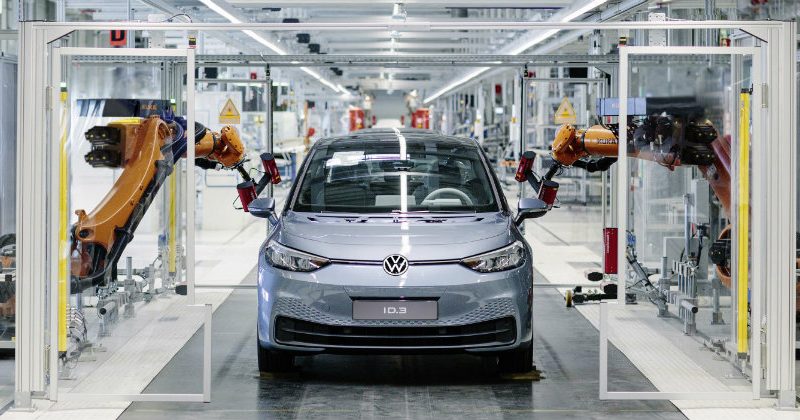
Volkswagen’s electric offensive is picking up speed with the official start of series production of the ID.301.
The first car in the new generation of electric vehicles (EVs) – a white ID.3 – rolled off the assembly line watched by Federal Chancellor Dr. Angela Merkel and Group CEO Dr. Herbert Diess.
The Volkswagen Group plans to sell some 22 million EVs worldwide by 2028, thus helping EVs make the breakthrough. Zwickau has a key role to play in this endeavor: For the first time, a large car manufacturing plant is being entirely converted to e-mobility, with investments running at €1.2 billion ($1.34 billion). Zwickau is already scheduled to produce some 100,000 electric models next year. From 2021, up to 330,000 EVs will leave the assembly line each year, making the site the largest and most efficient EV factory in Europe and a trailblazer in the transformation of Volkswagen’s global production network.
“The ID.3 will make an important contribution to the breakthrough of e-mobility. It makes clean individual mobility accessible to millions of people and is a milestone for our company on the road to becoming climate-neutral by 2050,” Group CEO Herbert Diess said at the ceremony in Zwickau.
The ID.3 is based on Volkswagen’s Modular Electric Drive Toolkit (MEB). This is an all-electric platform that leverages to the full the opportunities offered by e-mobility. Consequently, the ID.3 has a long range, a very spacious interior and dynamic vehicle handling. The basic version is priced at under €30,000 ($33,600) in Germany. The ID.3 will be launched almost simultaneously on markets throughout Europe in summer 2020. Over 35,000 international customers have already reserved an ID.3 and paid a pre-booking deposit.
The ID.3 sets new benchmarks in sustainability: Production is carbon-neutral, which means the car is delivered to customers with a carbon-neutral footprint. Green power is exclusively used in energy-intensive battery cell production for the ID.3, for example. Emissions from the entire production process that are currently unavoidable are offset, among other things through investments in the “Katingan Mataya Forest Protection” climate project on the Indonesian island of Borneo.
With the phased transformation of the Zwickau factory, Volkswagen is fully converting a large car manufacturing plant to e-mobility for the first time. In the final expansion stage from 2021, six MEB models from three Group brands will be built in Zwickau. Qualification measures are preparing all 8,000 employees for EV production and working with high-voltage technology. In total, the Zwickau team will have completed some 13,000 training days by the end of 2020, thus ensuring future-proof jobs at the Zwickau plant.
“The ID.3 is a high-tech car from a high-tech factory. With some 1,700 robots, driverless transport systems and fully-automated manufacturing processes, Zwickau gives a contemporary insight into the shape of forward-looking high-volume production of EVs”, Thomas Ulbrich, Volkswagen Brand Board Member for E-Mobility, commented. “Ultimately, though, it is the people who build the cars who are the key to success: Our team in Saxony mastered the two-year conversion phase culminating in today’s SOP with much know-how and dedication.”
With its resolute entry into e-mobility, Volkswagen is making an important contribution to climate protection and thereby creating long-term perspectives for some 100,000 employees at its German plants. “Germany must drive the change and achieve proficiency throughout the e-mobility value chain. That is why we are producing EVs in Germany and have at the same time taken the decision to develop and manufacture electric motors as well as battery cells and systems. A strong cluster for EVs will emerge in Germany in the coming years,” Volkswagen CEO Herbert Diess said.
Apart from manufacturing at the Zwickau factory, the Components plants in Brunswick, Kassel, Salzgitter and Wolfsburg are also involved in ID.3 production. They manufacture key components such as the electric motors or the battery systems. The car manufacturing plants in Emden and Hanover are scheduled to begin building EVs from 2022. Moreover, the Group is also cooperating with Northvolt to set up a major battery cell factory in Salzgitter.
Production of the Volkswagen ID.3 starts in Zwickau
Modified on Monday 4th November 2019
Find all articles related to:
Production of the Volkswagen ID.3 starts in Zwickau


 Add to my Reading List
Add to my Reading List Remove from my Reading List
Remove from my Reading List